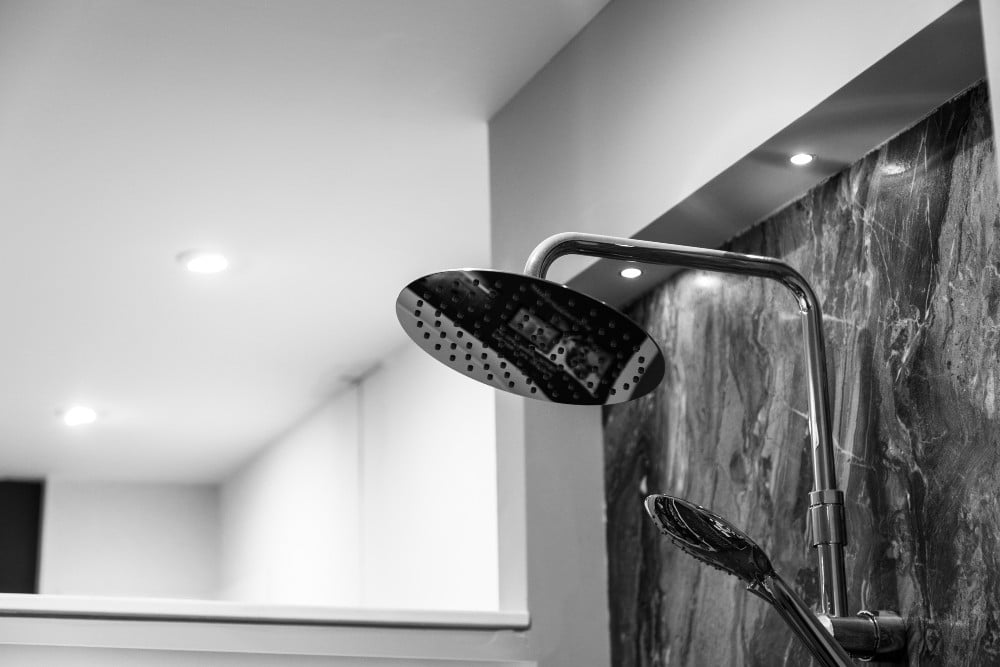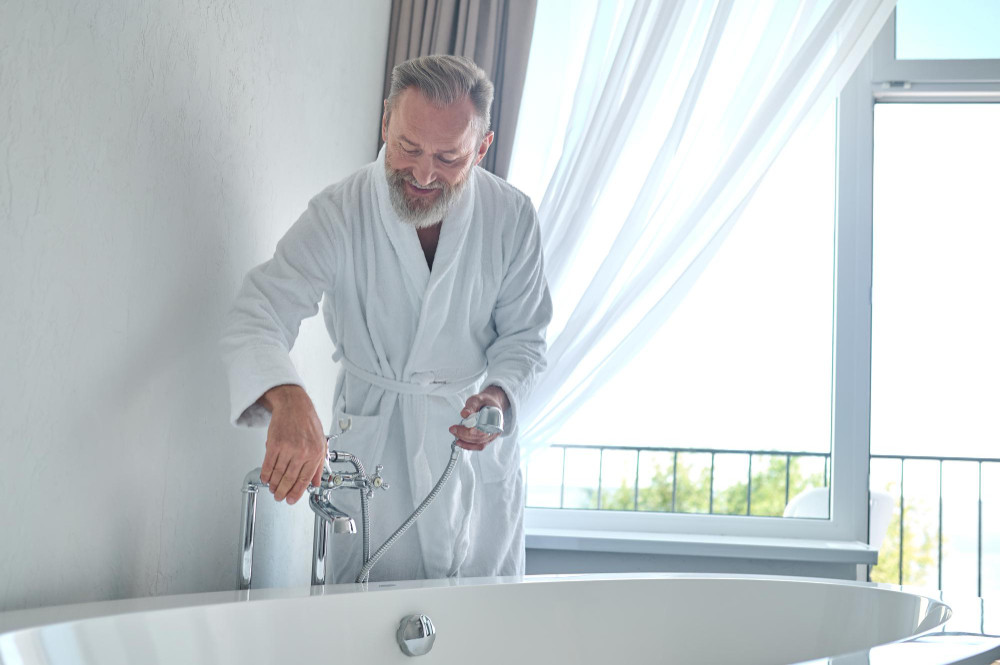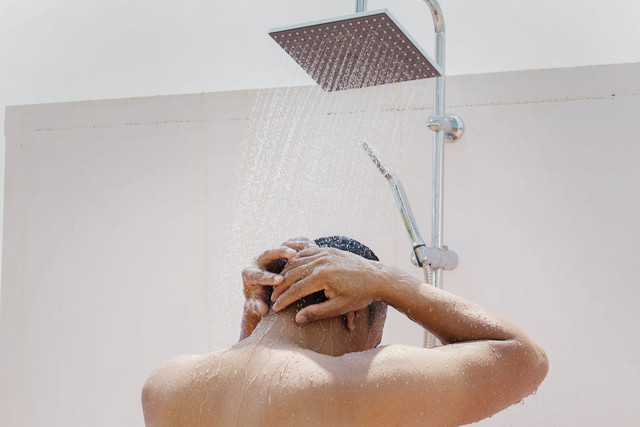How Frequently Should Adults Over 65 Bathe to Avoid the Risks of Over-Washing

Have you ever wondered how often you really need to shower as you get older? For people aged 65 and over, personal hygiene is important, but showering too often might do more harm than good.
As we age, our skin changes, and so do our hygiene needs. Let’s explore how often seniors should shower, why over-washing can be harmful, and how to maintain good health while keeping clean.
Showering Frequency: How Often Should Seniors Shower?

For most seniors, showering two to three times a week is enough to stay clean and healthy. This recommendation comes from dermatologists and senior care experts who understand the unique needs of older adults.
Unlike younger people who may sweat more or have oilier skin, seniors often have drier, thinner skin that doesn’t need daily washing.
Showering too often can strip away natural oils that protect the skin, leading to problems like dryness or irritation.
For seniors with specific health conditions, such as incontinence or wounds, more frequent bathing may be necessary to prevent infections.
However, for those who are less active or don’t have these issues, a couple of showers a week, combined with sponge baths or washcloth cleanings for areas like the armpits and groin, can keep body odor and bacteria under control.
Using gentle soaps and warm water for short showers (5-10 minutes) helps maintain hygiene without damaging the skin.
Why Over-Washing Can Be Harmful

Over-washing can hurt seniors’ skin more than you might think. As we age, our skin produces less oil, which acts as a natural barrier to keep it hydrated and protected.
Frequent showers, especially with hot water or harsh soaps, can wash away this oil, leaving skin dry, itchy, or cracked.
Cracked skin is more likely to let in bacteria, which can cause infections or allergic reactions. Over-washing can also disrupt the skin’s microbiome—the good bacteria that help fight off harmful germs.
This can make seniors more prone to skin conditions like eczema or infections.
Another downside of over-washing is the physical strain it can put on seniors. For those with mobility issues, getting in and out of the shower can be tiring or even risky, increasing the chance of falls.
By reducing shower frequency and using alternatives like sponge baths, seniors can stay clean without overdoing it.
Tips for Safe and Healthy Hygiene

Maintaining good hygiene doesn’t always mean a full shower. Seniors can use warm washcloths or bathing wipes to clean key areas like the armpits, groin, and feet between showers.
Installing grab bars or using a shower chair can make bathing safer for those with mobility challenges.
Caregivers can also help by encouraging a routine that feels comfortable, like making bath time a relaxing “spa day” with scented lotions.
Always use mild, fragrance-free soaps and apply moisturizer after bathing to keep skin hydrated.
For seniors who resist bathing due to embarrassment or memory issues, like those with dementia, gentle encouragement.
System: encouragement and professional support can help. A caregiver or medical professional can assist with bathing if needed, ensuring dignity and comfort.
By finding the right balance, seniors can stay clean, healthy, and confident without the risks of over-washing.
Conclusion
Showering two to three times a week is usually enough for seniors to maintain good hygiene while protecting their skin.
Over-washing can lead to dry, irritated skin and increase the risk of infections, especially for older adults with thinner, drier skin.
By using gentle products, keeping showers short, and incorporating sponge baths, seniors can stay fresh and healthy.
Always consider individual needs, such as medical conditions or mobility issues, to create a bathing routine that works best.
You might also want to read: 6 Disadvantages of Drinking Too Much Water


